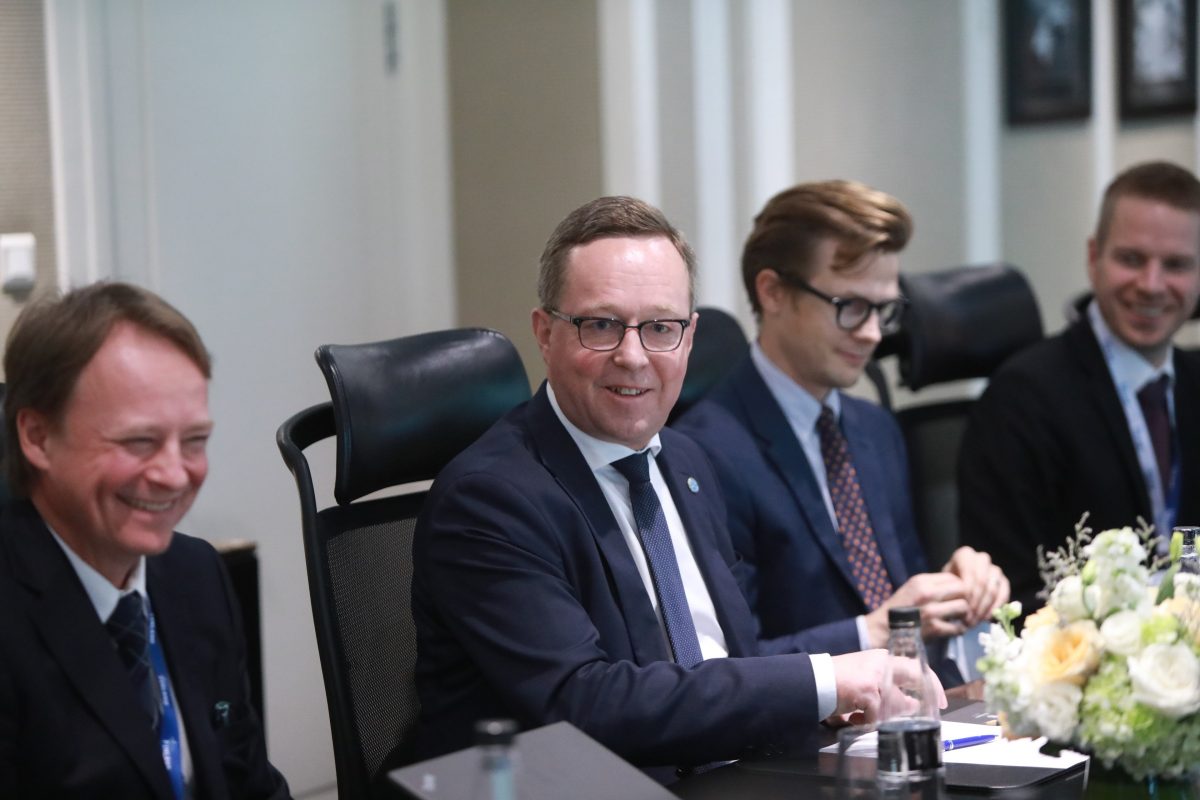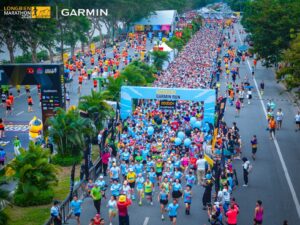FINNISH EXPERTISE SET TO REVOLUTIONIZE WASTE MANAGEMENT IN VIETNAM

Hanoi, Vietnam; 16 October 2018: Led by Finland’s Minister of Economic Affairs, The Honorable Mr. Mika Lintilä, twenty Finnish companies descended upon Hanoi to share world-leading expertise the Nordic nation has developed in converting waste to energy and ICT.
Seen as a much-needed development for Vietnam, where there is a demand for more controlled waste output and power sources to drive its fast-growing economy; the Finns demonstrated to various members of government and stakeholders of Vietnamese industry why the small nation is at the forefront of turning waste into power and how that expertise can be deployed in Vietnam to propel the country forward.
“Finland leads the world in Waste to Energy (W2E) technology. As Vietnam continues to develop both its power needs and the demand for clean energy and innovative ways to treat waste from households as well as agriculture and industry become paramount. Indeed, recent data shows that each of Vietnam’s 93 million people is generating 1.2 kg of solid waste each day – and about 16 percent of this is plastic waste, much of which finds its way into waterways and the sea,” says Mr. Saku Liuksia, Program Manager for Waste to Energy and Bioenergy from Business Finland.
Vietnam wants to rapidly develop the ways in which it handles this waste, as well as the 3 million tons of scrap and hazardous waste that is being imported into Vietnam each year. Mr Liuksia’s remarks reflect a recent address that Vietnamese Prime Minister Nguyen Xuan Phuc made to a meeting of the government’s standing committee, where he stated that the nation is at risk of becoming ‘a dumping ground’[1]. Vietnam has developed a plan to deal with trash by 2025, but the country would need more knowhow and technology to achieve this goal.
He highlighted the local efforts of several such enterprises, including BMH’s TYRANNOSAURUS technology to turn solid, non-hazardous into SRF (Solid Recovered Fuel); Fortum which provides electricity, heating and cooling and recycling and waste solutions for the cities and industry customers; and Simosol Oy, which provides services for forest asset valuations, due diligence and pre-feasibility studies of forestry and bioenergy projects.
BMH´s Mrs. Minna Vilkuna stated that, “Vietnam’s rapid urbanization and industrialization has led to a significant increase of municipal solid waste (MSW). It is estimated that 76-82% of the total collected MSW is disposed at dumping sites and landfills, almost all of which are located around urban areas. The quantity of MSW is expected to grow in future, so at BMH we are discussing ways in which we can assist Vietnam to reduce landfilling and convert this MSW into clean energy for the nation’s grid.”
Her counterpart at Fortum, Mr. Juha Suomi, remarked that due to the tightened law in other countries, notably China, Vietnam has been receiving tons of second-hand products, including 36 million kilograms of recovered plastics this year, up from 18 million kilograms over the same period in 2017.
According to the Vietnam Maritime Administration, as of May 2018, nearly 28,000 containers were stuck in seaports across Vietnam, including from electric cords, outdated household appliances, second-hand fabric and used cars to plastic scrap.
“Much of this stranded waste, which at present is taking up space in the country’s busy ports could be converted to electricity for households and businesses nationwide”, said Mr. Suomi. “Fortum has proven solution for these types of challenges.”
In addition to the issues surrounding MSW, Vietnam’s agricultural and manufacturing sectors lead to by-products that can be both environmentally harmful and reusable as sources of clean energy. Industries that have been previously flagged for this in agri-waste include bamboo, cassava, coconut, coffee, jatropha, rice, sugarcane and wood.
With a particular eye cast on the potential of bagasse in the sugar industry, Simosol Oy’s representative Mr. Jussi Rasinmäki. remarked that, ““Vietnam’s Ministry of Agriculture and Rural Development released a decree in April of this year regulating sustainable growth and development within the sugar sector. This is a step in the right direction for the country, as this is an important industry both domestically, and potentially in future for export, but as it grows, so will its waste. Simosol has a world-class offering in this area from which Vietnam is set to benefit significantly, where we are able to turn these waste products into power for the country.”
[1] https://kinhdoanh.vnexpress.net/tin-tuc/vi-mo/thu-tuong-khong-de-viet-nam-tro-thanh-bai-thai-phe-lieu-3783167.html
https://e.vnexpress.net/news/business/economy/pm-warns-against-allowing-in-global-waste-3783407.html



